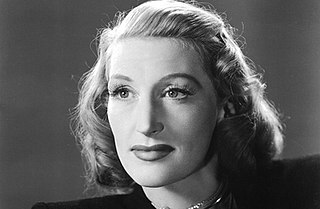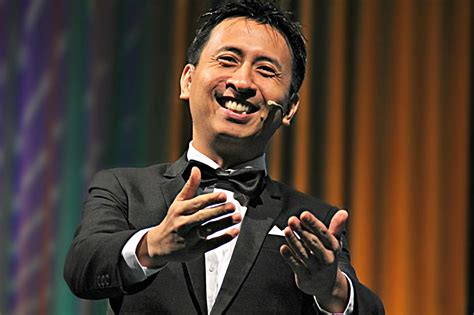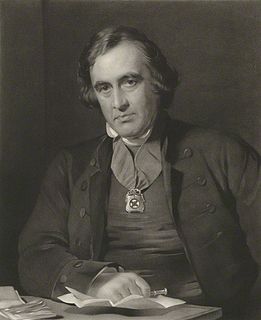A Quote by Ricky Martin
Everyday begins like a blank chalkboard, on which each one of us can write the poem of our present and our dreams for the future.
Related Quotes
Let each of us examine his thoughts; he will find them wholly concerned with the past or the future. We almost never think of the present, and if we do think of it, it is only to see what light is throws on our plans for the future. The present is never our end. The past and the present are our means, the future alone our end. Thus we never actually live, but hope to live, and since we are always planning how to be happy, it is inevitable that we should never be so.
Let us today seek to find that place within each of us where dreams are made, where our highest aspirations take shape. Let us confirm the power of our humanity by giving architecture and substance to the dreams we have for our nation, so that the promised land of social and economic justice that is within our dreams will soon be within our sight.
We are all affected by five things. But the most important thing that affects us is our dreams--our ability to see the future. But here's why we don't reach into the future. We're trapped either by regret of the past or the routine of the present. So make sure that the greatest pull on you is the pull of the future.
In each of us lies sleeping beauty, wasted potential, dying dreams. We sleep and live in dormant twilight, never knowing what it means to live, to love the bits of heaven that we can unearth deep in our hearts; not recognizing that our salvation is ever-present in those parts that we have disowned, denied, forgotten. The thorns of fear thwart faint attempt. The prince is courage, the kiss believing and then with these our life begins.
Psychoanalysts are fond of pointing out that the past is alive in the present. But the future is alive in the present too. The future is not some place we’re going to, but an idea in our mind now. It is something we’re creating, that in turn creates us. The future is a fantasy that shapes our present.
Our bodies need regular washing because we get dirty everyday. But so do our hearts! Because each day, people hurt us, offend us, forget us, snub us, step on us, reject us. But if we choose to forgive everyone everyday, we cleanse our hearts! We wake up the next morning refreshed and pure and lovely!
Man can only be certain about the present moment. But is that quite true either? Can he really know the present? Is he in a position to make any judgment about it? Certainly not. For how can a person with no knowledge of the future understand the meaning of the present? If we do not know what future the present is leading us toward, how can we say whether this present is good or bad, whether it deserves our concurrence, or our suspicion, or our hatred?
To disguise nothing, to conceal nothing, to write about those things that are closest to our pain, our happiness; to write about our sexual clumsiness, the agonies of Tantalus, the depth of our discouragement-what we glimpse in our dreams-our despair. To write about the foolish agonies of anxiety, the refreshment of our strength when these are ended; to write about our painful search for self, jeopardized by a stranger in the post office, a half-seen face in a train window, to write about the continents and populations of our dreams, about love and death, good and evil, the end of the world.




































